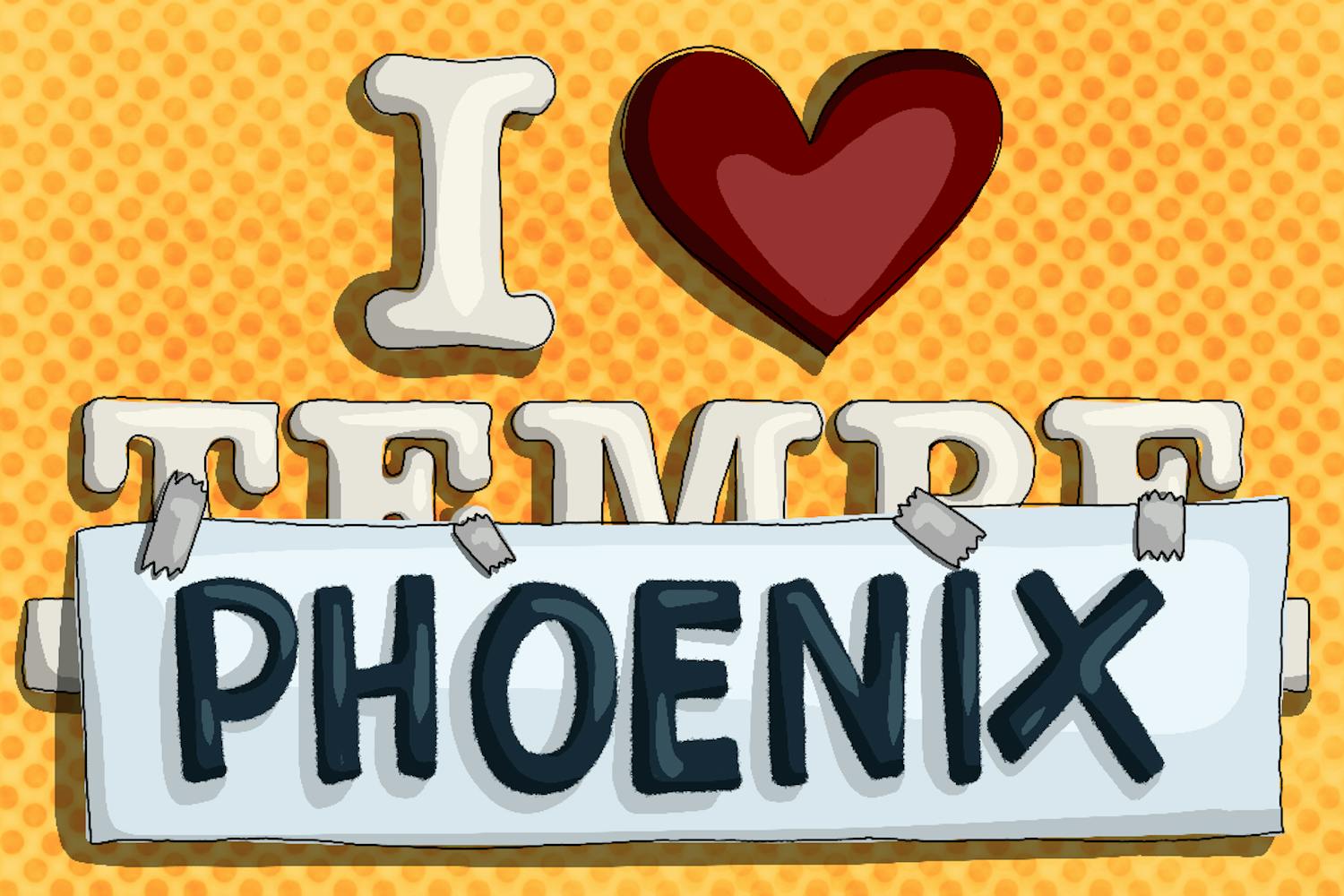I returned from my second tour in Iraq in September 2005, and my mind wasn’t right. Nightmares kept me awake all night, I was always watching people and assessing their threat potential and anything that sounded like incoming rockets or mortar rounds caused me to jump high enough to make Superman envious.
My roommate in the barracks and I talked about my problems. One day they sent me to the medical clinic.
I woke up sometime in early January of 2006 with what felt like heart attack symptoms. They would later be the signs of my first panic attack, which also guaranteed me a ticket to another doctor, a specialist.
Marines in my unit called him the Wizard.
You may know him by the term shrink.
Either way, my doctor — one of only five at Camp Lejeune, N.C., who handled mental health care — diagnosed me with post-traumatic stress disorder, stemming from my time in combat operations in Iraq.
These were the days when PTSD was just beginning to be talked about on the news. And not the 11 o’clock news, but prime time. I had barely heard the term, let alone the fancy acronym.
We discussed therapy options and treatments — medications were a given, but when I asked about what I could do on my own at home, he asked me about my interests. When I told him I enjoyed playing video games, he recommended that I play video games, particularly military-style first-person shooters (FPS) as part of my therapy regimen for PTSD.
The rationale is simple, as he explained it to me. Playing military-style FPS games would be a way for me to satisfy my desire to be in combat (I found out during my therapy sessions that I enjoyed being in firefights more than I thought; indirect fire like mortars and rockets, not so much) while staying in a safe setting.
But video games would also allow me to relive traumatic experiences on my terms. I had the power to turn off the game when it became too intense, a power obviously not available in combat.
It’s like a form of exposure therapy.
Since then I’ve seen a few other doctors, and I’ve asked each one of them if I should keep up the videogame part of my at-home therapy. They’ve all said to do so as long as it doesn’t start causing problems.
Even though the Department of Defense has been using virtual reality simulations to help combat PTSD, video games are not therapeutic for all veterans with the disorder.
Some games help make me feel calm, while others cause flashbacks and panic attacks. All of my doctors told me that these reactions were possible and likely, and finding a balance with all of my treatment components would take time.
Doctors working with veterans coming back from future wars should at least look into the potential benefits video game experimentation under doctor supervision provide. That is, before accepting five different scribbled out prescriptions as the door closes during the initial visit.
It might lead to better patient care, which is the point, right?
Comments, concerns, complaints, and nasty-grams can be sent to Tyler at tjones16@asu.edu



